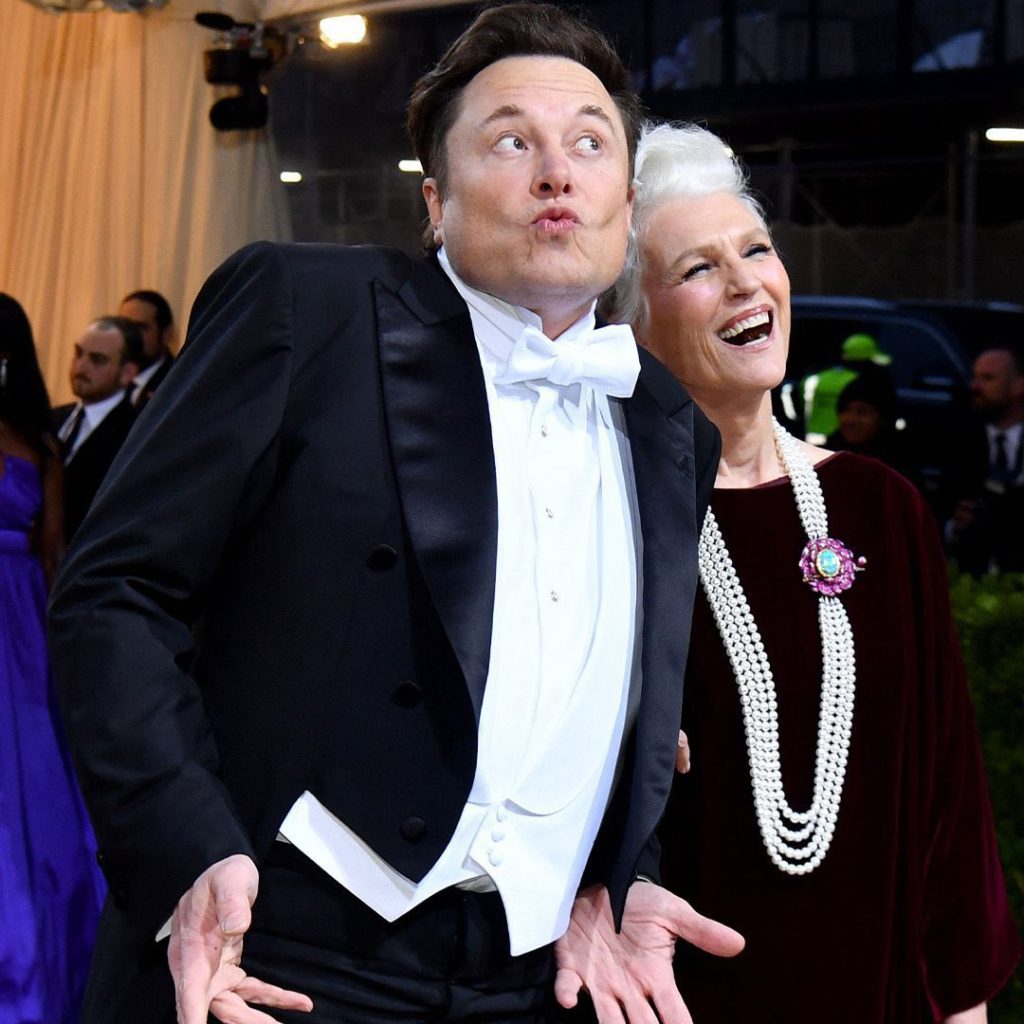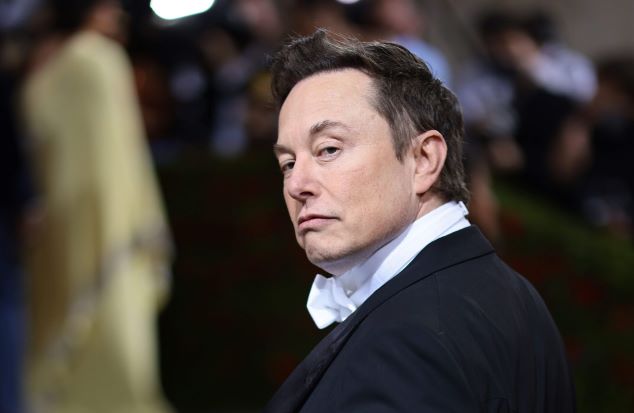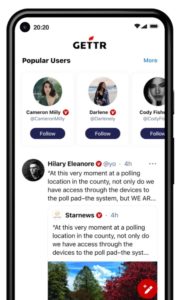On Friday, July 8, Elon Musk filed SEC documents to terminate his agreement to acquire Twitter, Inc. The Tesla CEO had originally sought to buy the social network. Musk, through an entity owned by him, would have paid $54.20 per share in cash in a transaction valued at approximately $44 billion. Subsequently, Twitter, Inc. becomes a privately held company.
At the time, $54.20 per share was a 38% premium to Twitter’s April 1 closing stock price. Fast forward to the close of the New York Stock Exchange on Friday where the company’s stock closed at $36.81 per share. Furthermore, Dan Ives, a managing director and senior equity research analyst covering the technology sector at Wedbush Securities, told NBC News that things will get worse.
“Monday, this is a $25 stock,” Ives said. “The company has been in pure chaos — people have left in droves, and now competitors are going to seize on the ad dollars. With the employee turnover, it’s going to be viewed as damaged goods from another potential buyer.”
Bernstein’s Toni Sacconaghi said on CNBC’s “Squawk Box” that he believed Musk was instigating a “negotiation tactic,” hoping that Twitter would eventually lower its sales price.
“The market has come down a lot,” Sacconaghi said at the time. “He’s probably using the guise of true active users as a negotiation ploy.”

July 9: Elon Musk Pulls Out
Musk’s statement on Friday reads:
Mr. Musk is terminating the Merger Agreement because Twitter is in material breach of multiple provisions of that Agreement, appears to have made false and misleading representations
upon which Mr. Musk relied when entering into the Merger Agreement, and is likely to suffer a Company Material Adverse Effect.
Furthermore, the statement says Musk has not received information he has sought. The Tesla head sought data on “the prevalence of fake or spam accounts”. To be clear, Musk wanted to make an “independent assessment” of the spam situation.
mDAU Comes Into Focus
Later, Musk concedes that he was able to “partially and preliminarily” analyze Twitter’s disclosures around its mDAU. mDAU represents “monetizable daily active users.”
Twitter has repeatedly made statements in such filings regarding the portion of its mDAUs that are false or spam, including statements that: “We have performed an internal review of a sample of accounts and estimate that the average of false or spam accounts during the first quarter of 2022 represented fewer than 5% of our mDAU during the quarter,” and “After we determine an account is spam, malicious automation, or fake, we stop counting it in our mDAU, or other related metrics.
Musk contends that Twitter has consistently represented in securities filings that “fewer than 5%” of its mDAU are false or spam accounts. But, based on the information provided by Twitter to date, it appears that Twitter is dramatically understating the proportion of spam and false accounts represented in its mDAU count.
Preliminary analysis by Mr. Musk’s advisors of the information provided by Twitter to date causes Mr. Musk to strongly believe that the proportion of false and spam accounts included in the reported mDAU count is wildly higher than 5%. Furthermore, according to Musk, Twitter’s disclosure that it ceases to count fake or spam users in its mDAU when it determines that those users are fake appears to be false. Instead, we understand, based on Twitter’s representations during a June 30, 2022 call
that Twitter includes accounts that have been suspended—and thus are known to be fake or spam—in its quarterly mDAU count. Furthermore Musk contends that Twitter’s process for calculating its mDAU, and thepercentage of mDAU comprised of non-monetizable spam accounts, appears to be arbitrary and ad hoc. Disclosing that Twitter has a reasoned process for calculating mDAU when the opposite is true would be false and misleading.
Ordinary Course of Business
While the mDAU controversy made up the bulk of Musk’s issues, he also pointed to another provision. If deviating from operating the business in the ordinary course, Musk had to consent Musk points to Twitter firing two key executives. In addition, the company laid off its talent acquisition team. Apparently, Musk was not sought out for consent.
Twitter Responds
Bret Taylor is Twitter’s Chairman of the Board. Taylor reports that Twitter will pursue legal action to enforce the merger agreement. The company points to the price and terms already agreed upon.




